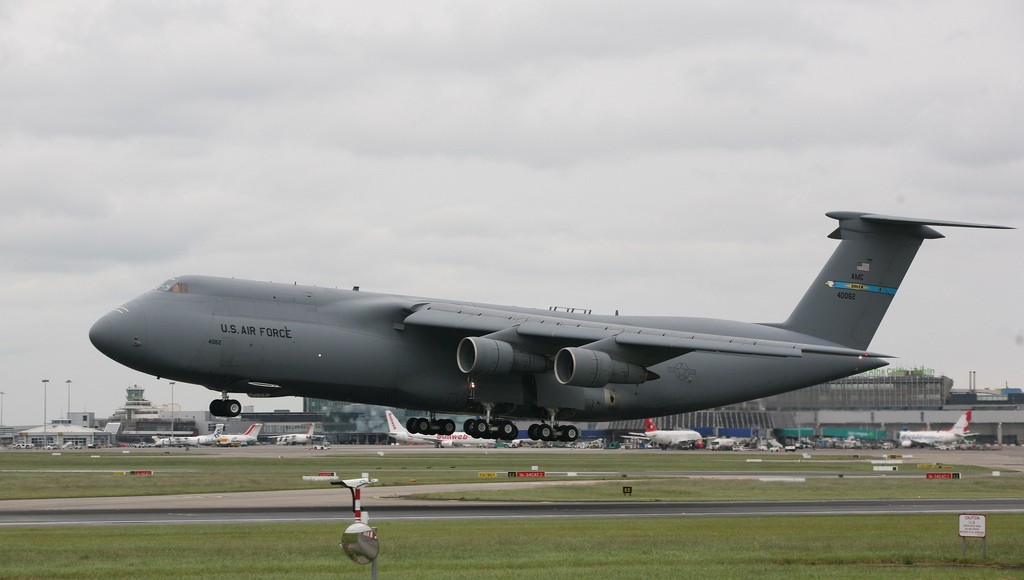 The Defense Base Act contains a provision which makes it an exclusive remedy. That means that a U.S. employee with a workplace injury (or their beneficiary) can only seek benefits from the employer pursuant to the DBA workers’ compensation scheme. The exclusive remedy provision states:
The Defense Base Act contains a provision which makes it an exclusive remedy. That means that a U.S. employee with a workplace injury (or their beneficiary) can only seek benefits from the employer pursuant to the DBA workers’ compensation scheme. The exclusive remedy provision states:
The liability of an employer, contractor (or any subcontractor or subordinate subcontractor . . . ) under this Act shall be exclusive and in place of all other liability for such employer, contractor, subcontractor, or subordinate contractor to his employees (and their dependents) coming within the purview of this Act, under the workmen’s compensation law of any State, Territory, or other jurisdiction, irrespective of the place where the contract off hire of any such employee may have been made or entered into.
See 42 U.S.C. § 1651(c).
Recently, the United States District Court for the District of Arizona addressed the Defense Base Act’s exclusivity provision in the context of a wrongful death and negligence suit. The employee was killed while conducting an airborne counter-narcotics surveillance mission. His plane crashed. The employee was conducting his mission in conjunction with a service contract between the defendant, Sierra Nevada Corporation, and a division of the United States Air Force. Sierra Nevada contracted with New Frontier Innovations to supply labor (like pilots and sensor operators) to satisfy Sierra Nevada’s contract with the Air Force. The decedent worked for New Frontier. At the time of his death, he was not married and he had no minor children or other dependents who would be eligible for Defense Base Act benefits. But he did leave behind a mother–who received funeral benefits under the DBA and nothing more.
The decedent’s mother filed a wrongful death and negligence action against Sierra Nevada and New Frontier, which the defendants defended by arguing Defense Base Act exclusivity. For the most part, the court agreed with the defendants’ exclusivity arguments…but not entirely. It only granted summary judgment for New Frontier, and not Sierra Nevada.
DBA insurance existed at the time of the injured worker’s death. It did not matter that New Frontier’s subcontract’s DBA provision did not quote verbatim the language used in the DBA:
The statute’s exclusive remedy is set aside only where an employer actually fails to secure the required workers’ compensation insurance. Plaintiff points to no other language in the DBA, nor does she cite any case law, that would permit an injured worker to avoid the statute’s exclusive remedy provision on the grounds that the precise statutory language was not included verbatim in the relevant contract.
But should the exclusivity provision apply to both New Frontier (the subcontractor for which the decedent worked) and Sierra Nevada (the prime contractor)? Maybe not. It noted that the term “employer” extends to a borrowing employer under the “borrowed servant” doctrine. So, Sierra Nevada was also an “employer”…maybe. The court refused to blindly apply the traditional borrowed employee test to the DBA case; instead, it favored a Fifth Circuit decision, Gaudet v. Exxon Corporation:
Therefore, based on Gaudet and subsequent cases, when determining whether another company can be considered a borrowing employer for purposes of the LHWCA and DBA, and thus can receive the benefit of the acts’ exclusive remedy provisions, the court must look at: (1) which entity’s work was being done at the time of the injury; (2) whether the employee consented to the new employment relationship; and (3) whether the borrowing entity had control over the employees work, which could be evidenced by any agreements, the actual practice of the parties, the furnishing of space and equipment, the right to terminate the employee, and the obligation to pay the employee.
Sierra Nevada was denied summary judgment because of “disputed issues of fact related to who actually controlled Burnette’s work at the time of the incident.” There was a factual dispute about who actually managed personnel. Sierra Nevada said that it managed personnel, but the decedent’s mother got an affidavit from another New Frontier pilot who said that the military–not Sierra Nevada–was in charge of “scheduling, assignments, and briefings, and that any adjustments made to such things were coordinated between the military and [New Frontier].” In addition, there were factual issues about the ability of Sierra Nevada to terminate a New Frontier employee, and New Frontier’s responsibility regarding “supervising techniques.” Consequently, summary judgment was not appropriate for Sierra Nevada.
Burnette v. Sierra Nevada Corp., 2:14-cv-2761, 2015 WL 5475262 (D. Ariz. Sept. 18, 2015).
Photo Courtesy of Flickr user D464-Darren Hall.
